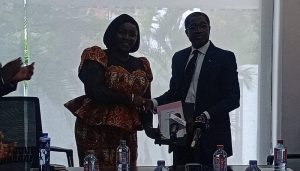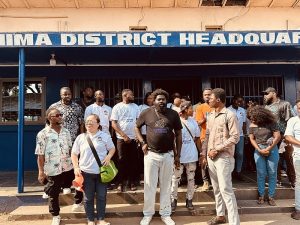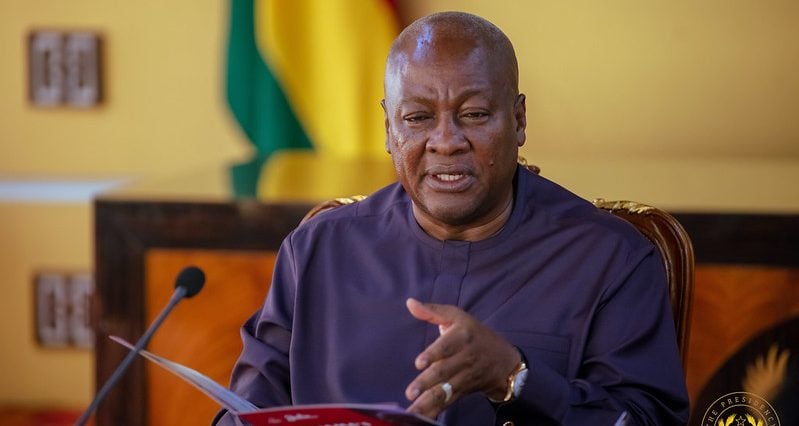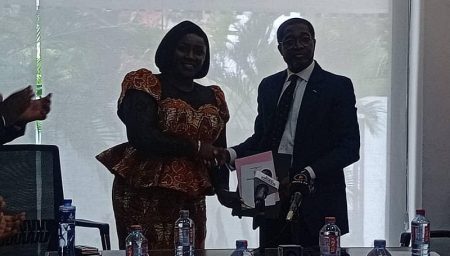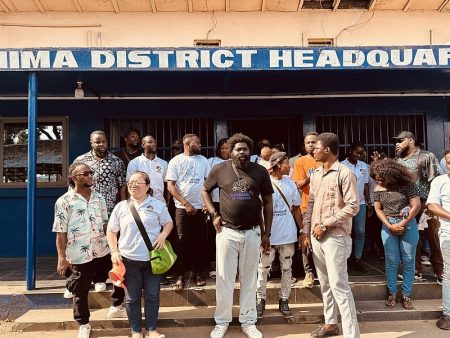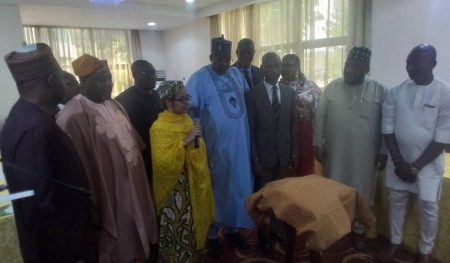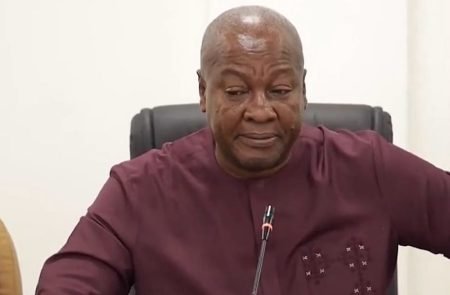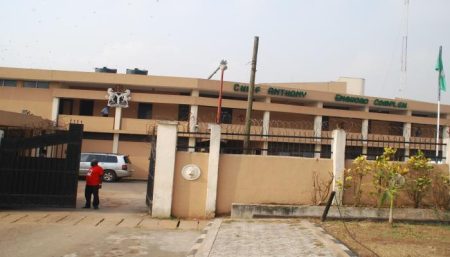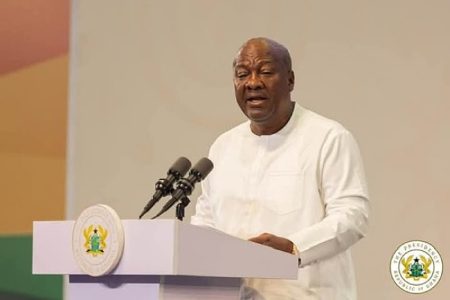Revitalizing Ghana’s Education: A Collaborative Approach to Transformation
President John Dramani Mahama’s address at the National Education Consultative Forum in Ho marked a pivotal moment in Ghana’s pursuit of educational reform. The forum, themed "Transforming Education for a Sustainable Future," brought together key stakeholders to address the multifaceted challenges facing the sector. Central to the President’s message was the reinstatement of Parent Teacher Associations (PTAs), a move aimed at strengthening school management and fostering greater parental involvement in children’s education. This decision reverses a previous policy that suspended PTA activities, signaling a renewed emphasis on collaborative governance and community engagement in shaping the educational landscape.
The President’s vision for Ghana’s education system encompasses several key areas, all geared toward ensuring quality, accessibility, and relevance for all learners. He underscored the importance of partnerships, emphasizing the role of parents, traditional authorities, and local communities in supporting students’ learning journeys. This collaborative approach aims to create a holistic learning environment where the combined efforts of all stakeholders contribute to the overall success of each child. The concept of learning teams, with active participation from parents and community members, is expected to foster a stronger sense of ownership and responsibility for education.
Empowering school leaders is another crucial element of the President’s reform agenda. He stressed the need to grant school leaders greater autonomy, enabling them to effectively manage their institutions based on a national standard. This autonomy, coupled with clear performance expectations, is intended to enhance accountability and promote a more responsive and effective educational leadership structure. The collaboration with key stakeholders, including the Conference of Heads of Assisted Secondary Schools and teacher unions, is crucial in developing a comprehensive framework for school leadership and management.
Research and evidence-based decision-making are at the forefront of the President’s strategy for educational transformation. He emphasized the importance of data-driven insights in shaping policies and programs, ensuring that resources are allocated effectively and interventions are aligned with the needs of students and educators. This data-driven approach aims to enhance the efficiency and impact of educational initiatives, leading to tangible improvements in learning outcomes and overall system performance.
President Mahama’s vision extends beyond mere academic achievement, encompassing a holistic approach to student development. He envisions an education system that empowers students for lifelong learning, equipping them with the skills and knowledge necessary to thrive in the 21st century. This includes fostering innovation and creativity within schools, transforming them into hubs of intellectual exploration and preparing students for the challenges and opportunities of a rapidly evolving world. The emphasis on lifelong learning recognizes the importance of adaptability and continuous skill development in an increasingly dynamic global landscape.
The President’s call for collaboration extends to all Ghanaians, urging collective action to build an education system that reflects the nation’s aspirations. He emphasized the importance of working together to create a legacy of hope and opportunity for future generations, recognizing that the future of the country rests on the shoulders of its youth. This sense of shared responsibility underscores the significance of education as a national priority and calls upon every citizen to contribute to the betterment of the system. The President’s concluding remarks, "One resolution at a time, one transformation at a time, Ghana will win in developing this country’s young people for service," encapsulate his commitment to incremental progress and sustainable change in the education sector.
In essence, President Mahama’s address outlines a comprehensive roadmap for transforming Ghana’s education system. The reinstatement of PTAs, emphasis on partnerships, empowerment of school leaders, focus on research, and commitment to lifelong learning are all integral components of this transformative vision. The President’s call for collective action signifies the importance of shared responsibility in building an education system that prepares Ghana’s youth for the challenges and opportunities of the future. This collaborative approach, rooted in community engagement and data-driven decision-making, holds the promise of a brighter future for Ghana’s education sector.



